10 Best Coriandrum Sativum Preparations
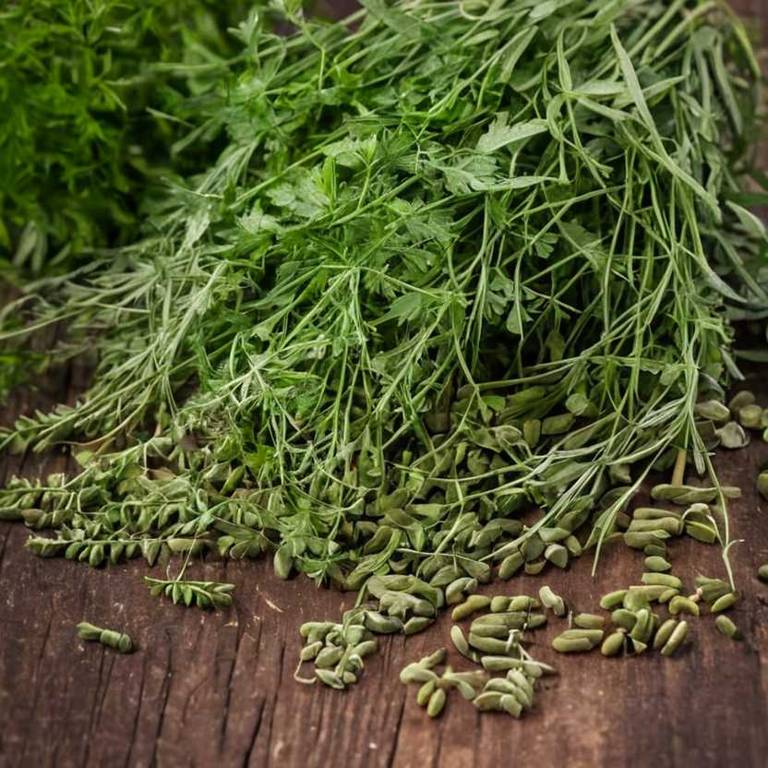
The best medicinal preparations of Coriandrum sativum are teas, decoctions, tinctures, essential oils, and syrups, each offering unique therapeutic benefits.
Coriander tea is commonly used to aid digestion and relieve bloating, while decoctions extract its deeper medicinal properties for conditions like inflammation.
Tinctures provide a concentrated form of the herb, often used for respiratory and digestive support.
Essential oils derived from coriander are valued for their aromatic and calming effects, often used in aromatherapy.
Syrups made from coriander are popular in traditional medicine for their soothing properties and ability to ease coughs and respiratory issues.
Below there's a list of the 10 best herbal preparations of coriandrum sativum for medicinal purposes.
1. Teas
Coriandrum sativum teas is commonly used to support digestive health, relieve stress, and alleviate symptoms of respiratory conditions.
The most common medicinal uses include treating indigestion, bloating, nausea, anxiety, and mild respiratory issues such as coughs and colds. This herbal preparation is also believed to have anti-inflammatory and antioxidant properties that may aid in reducing inflammation and supporting immune function. The bioactive constituents responsible for these effects include compounds like linalool, terpinene, and flavonoids, which contribute to its calming and digestive benefits.
Additionally, it contains essential oils and phenolic acids that may help in reducing oxidative stress and promoting overall wellness.
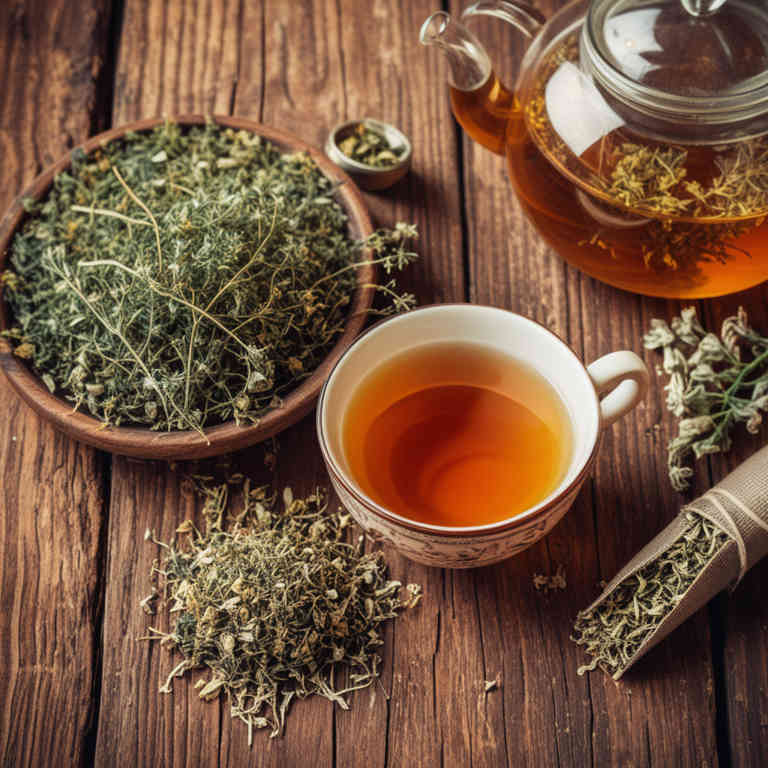
2. Decoctions
Coriandrum sativum decoctions is commonly used to treat digestive issues, respiratory conditions, and inflammation due to its therapeutic properties.
The most common medicinal uses include alleviating symptoms of indigestion, nausea, and flatulence, as well as easing coughs and bronchitis. It is also used to reduce inflammation and pain in conditions like arthritis. The bioactive constituents responsible for these effects include essential oils such as linalool and limonene, as well as flavonoids and terpenes, which possess antioxidant, anti-inflammatory, and antimicrobial properties.
These compounds work synergistically to provide the plant's wide range of health benefits.
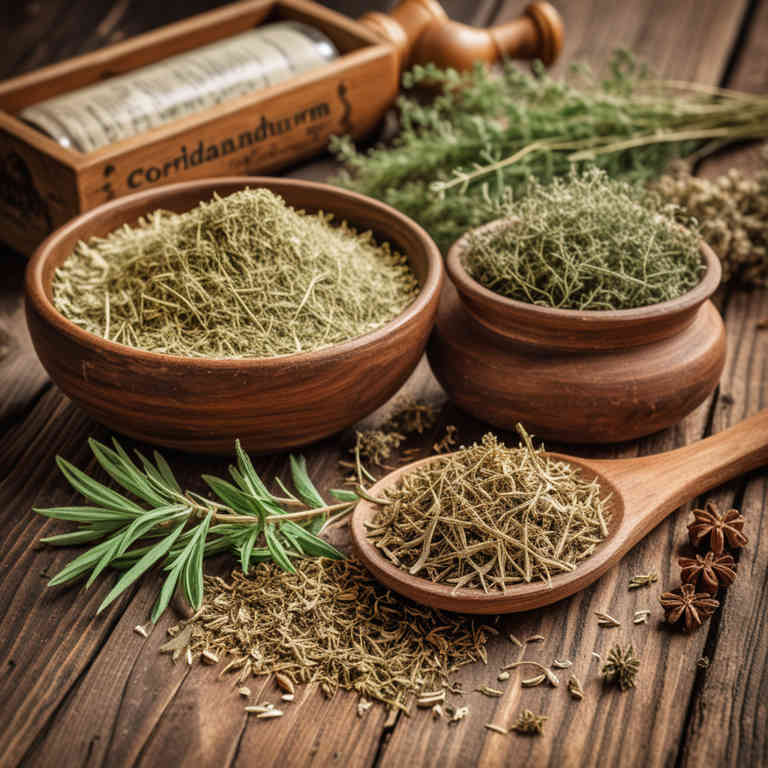
3. Tinctures
Coriandrum sativum tinctures is commonly used to treat digestive disorders, respiratory infections, and anxiety-related conditions.
These tinctures are widely employed for alleviating symptoms such as bloating, indigestion, coughs, and stress. The medicinal properties of coriander tinctures are attributed to bioactive constituents like monoterpenes, sesquiterpenes, and flavonoids. These compounds possess anti-inflammatory, antimicrobial, and antispasmodic effects.
Additionally, they contribute to the tincture's ability to support liver function and reduce nausea.
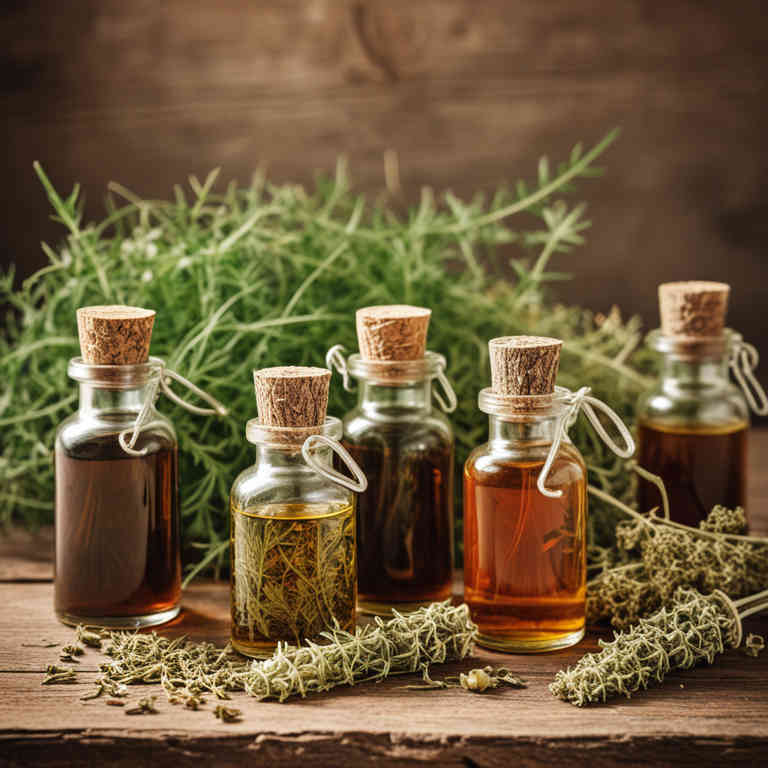
5. Syrups
Coriandrum sativum syrups is commonly used to treat respiratory and digestive ailments, as well as to alleviate symptoms of colds, coughs, and gastrointestinal discomfort.
The syrup is often utilized for its soothing and anti-inflammatory properties, making it a popular remedy for bronchitis, sore throat, and indigestion. It is also believed to aid in reducing nausea and promoting digestion due to its carminative effects. The bioactive constituents responsible for these medicinal properties include essential oils like linalool and terpinene, along with flavonoids and phenolic compounds that possess antioxidant and antimicrobial activities.
These components work synergistically to provide the therapeutic benefits associated with coriander syrups.
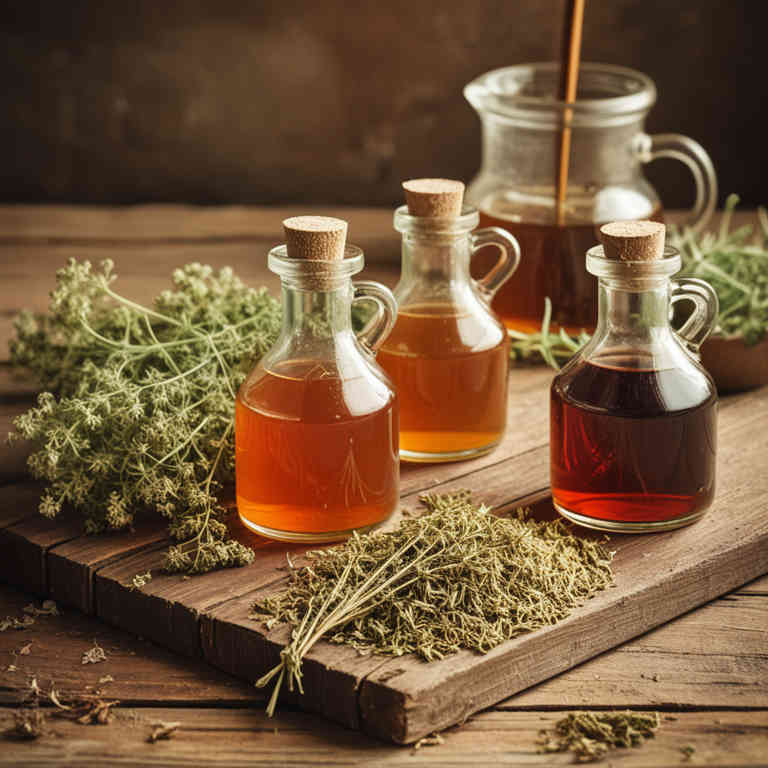
6. Capsules
Coriandrum sativum capsules is commonly used to support digestion, relieve gastrointestinal discomfort, and reduce inflammation.
They are often used to treat ailments such as bloating, indigestion, and mild digestive disorders. The bioactive constituents responsible for these effects include essential oils like linalool and gamma-terpinene, as well as flavonoids and phenolic compounds. These components possess antioxidant, anti-inflammatory, and carminative properties.
Additionally, coriander capsules may help in managing symptoms of nausea and promoting overall digestive health.

7. Lozenges
Coriandrum sativum lozenges is commonly used to alleviate symptoms of respiratory tract infections, sore throat, and cough due to their soothing and anti-inflammatory properties.
These lozenges are often employed to treat ailments such as colds, bronchitis, and pharyngitis by reducing inflammation and irritation in the throat. The bioactive constituents responsible for these medicinal effects include volatile oils like linalool and terpinene, as well as flavonoids and phenolic compounds, which exhibit antimicrobial, antispasmodic, and antioxidant activities. Additionally, the presence of compounds like coriandrin and hydroxytyrosol contributes to its therapeutic benefits.
Overall, coriandrum sativum lozenges serve as a natural remedy for respiratory discomfort and support immune health.

8. Oils
Coriandrum sativum oils is commonly used to treat digestive issues, respiratory conditions, and skin disorders due to its anti-inflammatory, antimicrobial, and carminative properties.
It is often employed to alleviate symptoms of indigestion, bloating, and gas, as well as to relieve coughs and congestion. The oil is also applied topically to reduce inflammation and promote wound healing. The bioactive constituents responsible for these effects include essential oils like linalool, terpinene, and limonene, which have antioxidant and anti-inflammatory actions.
Additionally, compounds such as cineole and alpha-pinene contribute to its antimicrobial and expectorant properties.

9. Creams
Coriandrum sativum creams is commonly used to alleviate skin conditions and provide anti-inflammatory and antimicrobial benefits.
These creams are often applied topically to treat eczema, psoriasis, and minor skin infections due to their soothing and healing properties. The most common medicinal uses include reducing inflammation, relieving itching, and promoting skin repair. The bioactive constituents responsible for these effects include flavonoids, terpenoids, and essential oils, which have antioxidant, anti-inflammatory, and antimicrobial properties.
Additionally, the presence of compounds like linalool and gamma-terpinene contributes to its therapeutic effects on the skin.
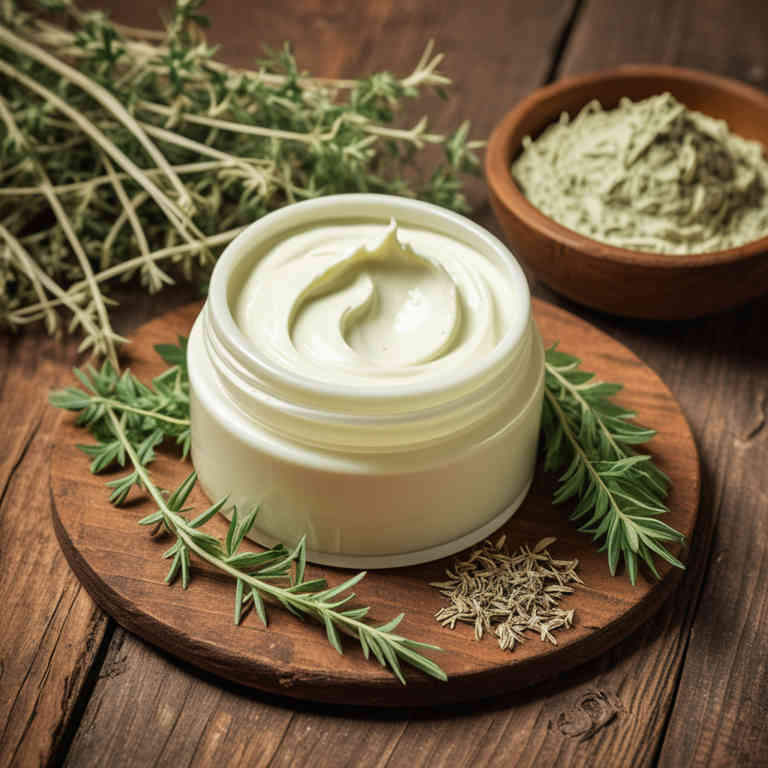
10. Juices
Coriandrum sativum juices is commonly used to treat digestive issues, respiratory conditions, and skin disorders.
It is often employed to alleviate symptoms of indigestion, flatulence, and nausea due to its carminative properties. The juice is also used in traditional medicine to relieve coughs, bronchitis, and other respiratory ailments. Additionally, it has been applied topically to reduce inflammation and promote wound healing.
The bioactive constituents responsible for these medicinal effects include essential oils like linalool and limonene, as well as flavonoids, terpenoids, and antioxidants that possess anti-inflammatory, antimicrobial, and antioxidant properties.
